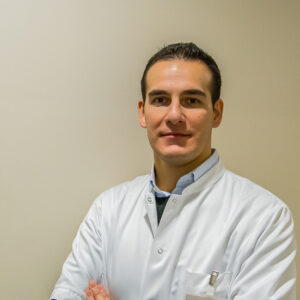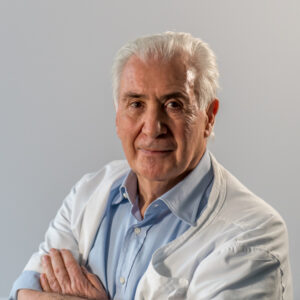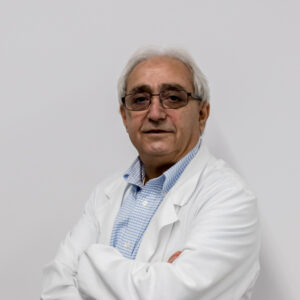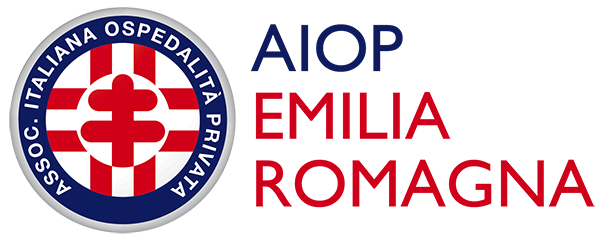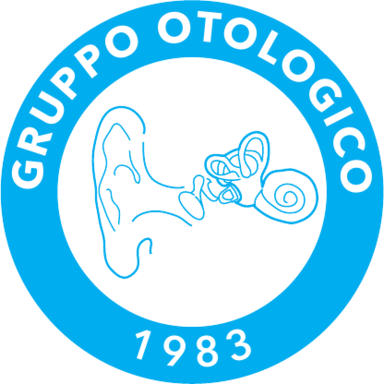Meningioma
Meningiomas are benign intracranial tumors that originate from the cells lining the arachnoid villi. They tend to invade blood vessels, infiltrate the dura mater, and surrounding bone. For long-term therapeutic success, a total excision is necessary, an event that is not always possible and depends on the histological characteristics of the tumor, the presence or absence of a safe cleavage plane, or the invasion of vital structures.
An evaluation of pre-operative symptoms and their impact on the patient’s daily life is fundamental in deciding the most appropriate treatment.
The patient must be advised and informed of the potential risks of a total or subtotal excision of the lesion, as well as the presence of alternative therapeutic options.
These tumors have a stealthy growth, and it is not uncommon for them to have reached very large sizes at the time of diagnosis.
Meningiomas, unlike acoustic tumors, do not present with uniform symptoms as their location is highly variable, with symptoms varying depending on the compression or invasion of the affected neurovascular structures.
In the preoperative evaluation of a meningioma, it is essential to balance the advantages and disadvantages of removing the tumor itself.
DIAGNOSIS
Brain magnetic resonance imaging (MRI) and angiography are the elective exams for the pre-operative study of the size, extent, and relationships of the tumor with neurovascular structures.
Computed Tomography (CT) allows for the precise determination of the extent of bone involvement by the neoplasm. In some cases, arteriography is required for the hemodynamic study of the arterial and venous vessels. In some cases, arteriography is requested for the hemodynamic study of the arterial and venous vessels. When the tumors are particularly vascularized, pre-operative embolization with selective closure of the vessels that nourish the tumor will be of great help in reducing both the operative time and bleeding. The tumor in its growth can in some cases compress or encircle the intrapetrous internal carotid artery; therefore, in some cases for the purpose of removal, we consider the preoperative insertion of a synthetic material cylinder (STENT) within the carotid artery itself essential.
In most cases, meningioma is a benign, asymptomatic tumor (70% of total cases) and involves several methods of treatment.
CLASSIFICATION
Meningiomas are identified as:
- Grade I, the most common, benign, slow-growing, and with an extremely low risk of recurrence after removal;
- Grade II (atypical meningioma), where cellular anomalies are present, grow faster, and have a slightly higher risk of recurrence;
- Grade III (anaplastic meningioma), where the cells have extremely abnormal characteristics, grow very quickly, and have a high risk of recurrence.
For more information, consult the detailed classification here.
TREATMENTS
Treatments for meningioma vary based on the grade and the presence or absence of symptoms.
Therapeutic choices are divided into:
- waiting: monitoring the condition in the early stages, in the case of small meningiomas (a valid choice especially in cases of: elderly patients over 65, no acute problems – such as dizziness, balance disorders, neuralgia – or in case of a tumor that does not exert pressure on vascular or nerve structures);
- radiotherapy;
- surgical treatment (a choice reserved for cases of meningiomas that grow or have reached a size that compresses the neurovascular structures of the brainstem and therefore represent a potential danger to the patient’s life).
Doctors
Dott. Gianluca Piras
Otorinolaringoiatria, Otologia, Neurotologia, Chirurgia della Base Cranica, Chirurgia Endoscopica dei Seni Paranasali
Prof. Mario Sanna
Otorinolaringoiatria, Otologia, Neurotologia, Chirurgia della Base Cranica
Dott. Abdelkader Taibah
Otorinolaringoiatria, Otologia, Neurotologia, Chirurgia della Base Cranica
contacts
Via Morigi, 41
29122, Piacenza (PC)
Tel. (+39) 0523.751280
WhatsApp – 389.2625175
ufficio.privati@casadicura.pc.it


